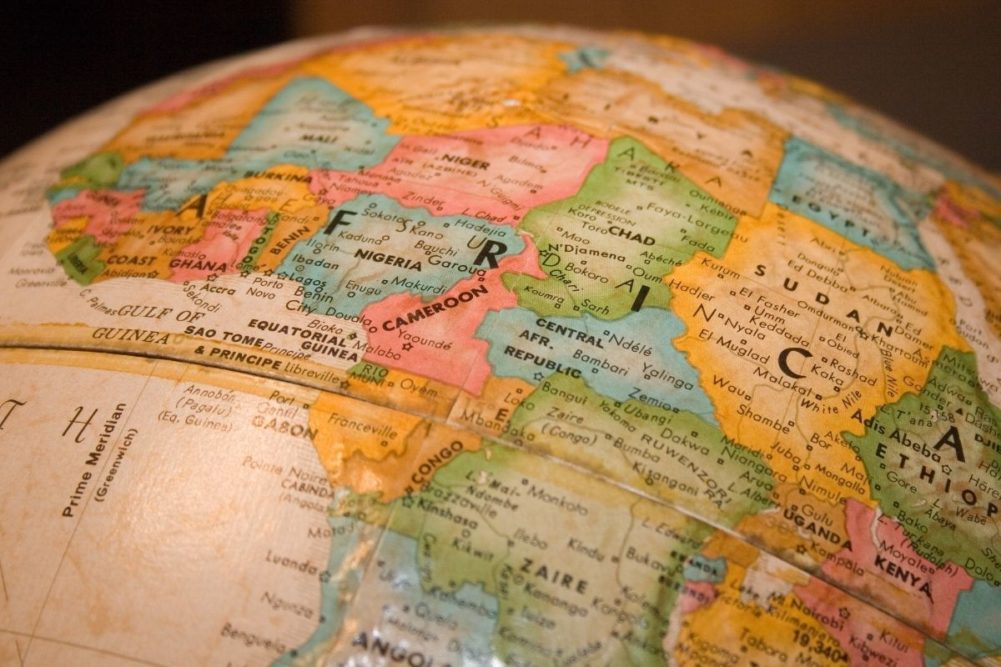ABIDJAN, COTE D'IVOIRE — With Africa facing a crisis food shortage of at least 30 million tonnes arising from the Russia-Ukraine war, particularly wheat, maize (corn) and soybeans imported from those countries, the African National Development Bank Group’s board of directors has approved a $1.5 billion facility to help boost food supplies.
The African Emergency Food Production Facility will provide 20 million African smallholder farmers with certified seeds. It will increase access to agricultural fertilizers and enable them to rapidly produce 38 million tonnes of food. This would be a $12 billion increase in food production in just two years.
“Food aid cannot feed Africa,” said Dr. Akinwumi Adesina, president of the African Development Bank Group. “Africa does not need bowls in hand. Africa needs seeds in the ground, and mechanical harvesters to harvest bountiful food produced locally. Africa will feed itself with pride for there is no dignity in begging for food …”
According to the bank, the price of wheat has soared in Africa by over 45% since the war in Ukraine began. Fertilizer prices have gone up by 300%, and the continent faces a fertilizer shortage of 2 million tonnes. Many African countries already have seen price hikes in bread and other food items. If this deficit is not made up, food production in Africa will decline by at least 20% and the continent could lose over $11 billion in food production value.
The African National Development Bank’s said its $1.5 billion strategy will lead to the production of 11 million tonnes of wheat; 18 million tonnes of maize; 6 million tonnes of rice; and 2.5 million tonnes of soybeans.
The African Emergency Food Production Facility will provide 20 million farmers with certified seeds, fertilizer, and extension services. It also will support market growth and post-harvest management. It includes short-, medium-, and long-term measures to address both the urgent food crisis and the long-term sustainability and resilience of Africa’s food systems.
Over the past three years, the bank’s Technologies for African Agricultural Transformation initiative has delivered heat-tolerant wheat varieties to 1.8 million farmers in seven countries, increasing wheat production by 2.7 million tonnes, worth $840 million.
A five-year ramp-up phase following the two-year African Emergency Food Production Facility will build on previous gains and strengthen self-sufficiency in wheat, maize, and other staple crops, as well as expand access to agricultural fertilizers, the bank said.






